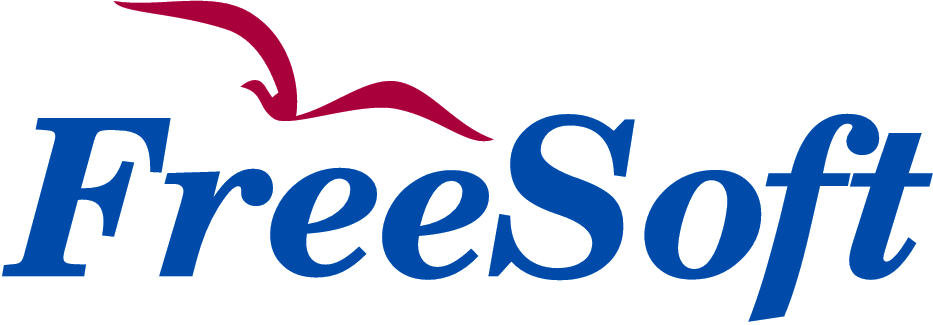TIBCO ObjectStar conversion to Java
CodeLiberator converts TIBCO OSB – ObjectStar applications to Java. Besides the definition of rules we also use the screen definitions, report definitions and database table definitions from the Metastore as input for the conversion process. Our solution implements the OSB specific elements (type system; scope of variables; parameterized tables; etc.) of the language and also ensures that any calls for external code of database are handled properly.
Target architecture for TIBCO ObjectStar applications
Due to the flexibility of FreeSoft’s LiberatorWorkbench conversion technology the target architecture may vary in ObjectStar conversion to Java. The different elements of the ObjectStar runtime environment can be implemented in more technologies, but our recommendation is to utilize thin and simple implementations for portability and flexibility.
- Business logic in pure Java
- Data access via standard JDBC
- In-memory DB for session tables
- Database migrated to RDBMS
- Web based application for on-line processing
- More options for VIEW: JSF or HTML/JSON with JavaScript
- Communication protocol is HTTP
ObjectStar user interface migration
The dynamic behavior and logic of the on-line processing is fully preserved after migrating the ObjectStar user interface to a thin client web application. The impact on users is minimal after conversion, the application executes the same business logic, can be hosted in a lightweight application server and the users may access the application via standard web browsers.
- Screens will be converted to JSF or HTML/JSON/JavaSricpt
- Function keys are also converted and may be used via mouse clicks or by suing the function keys on the keyboard
- Look & feel is controlled by runtime templates and style sheets so you may use your own – existing – design elements
- Screen definitions are extracted from MetaStore
ObjectStar database migration
Besides business related data the ObjectStar database contains several kind of technical data for the dynamic control of the ObjectStar application execution. Business data might also be stored in external databases and mapped within ObjectsStar. All kind of technical and business data elements are properly handled by DataLiberator during ObjectStar database migration while ensuring more options for implementing such databases.
- Schema – TDS – will be migrated to RDBMS by extracting the MetaStore
- Session tables are moved to in-memory database
- Screen/transaction etc. tables might be moved to RDBMS or No-Sql
- Trigger Event Rules might be handled in more ways: The Event Rules are converted to database trigger or to Java
- Since ObjectStar needs 1st Normal Form only but you may need 3rd Normal Form in the new schema, some additional adjustments of Metastore migration rules might be needed which is fully supported by LiberatorWorkbench
Architectural aspects and challenges for ObjectStar migration
There are architectural elements that might be mapped to the new technology stack relatively straightforward when migrating ObjectStar to Java.
- Exception handling: Semantics is practically the same in Java
- Transaction processing of ObjectStar has an equivalent and simple representation in Java
- Intent List works same way as caching in Java
- Screen Table is similar to the Model layer of MVC architecture
- Event Rule has a straightforward representation as validator or trigger
- FORALL loop can be implemented by iterating over record set
- LIBRARY is similar to Java packaking (JAR)
Some other architectural aspects are more challenging and requires unique concepts and implementation in order to enable successful and functional conversion of ObjectStar applications to Java.
- Type System: Java is a strongly typed language – ObjectStar’s LOCAL data has no declared type at all but FreeSoft’s LiberatorWorkbench support specific data types with additional utility classes.
- Scope of variables: ObjectStar’s semantics breaks the principle of Encapsulation. FreeSoft’s solution fully covers variables visibility by providing utility classes.
- Parameterized table: Powerful feature, but has no standard (vendor-neutral) representation in Java. it is also supported by the rigth combination of RDBMS schema creation and proper execution in Java.
- Lock on non-existent primary keys: In ObjectStar, when a table is queried for a specific primary key value, and no record is found, the specified primary key will be „locked”, although it doesn’t exist. We ensure the same behavior with additional utility classes specifically implemented for ObjectStar migration.
If you operate ObjectStar applications and have a need for modernization or you are simply interested, don’t hesitate to contact us and ask for a personalized demonstration so we can drive you through the process of converting ObjectStar to a fully functional Java application.




 Eng
Eng 
 日本語
日本語 Br
Br De
De